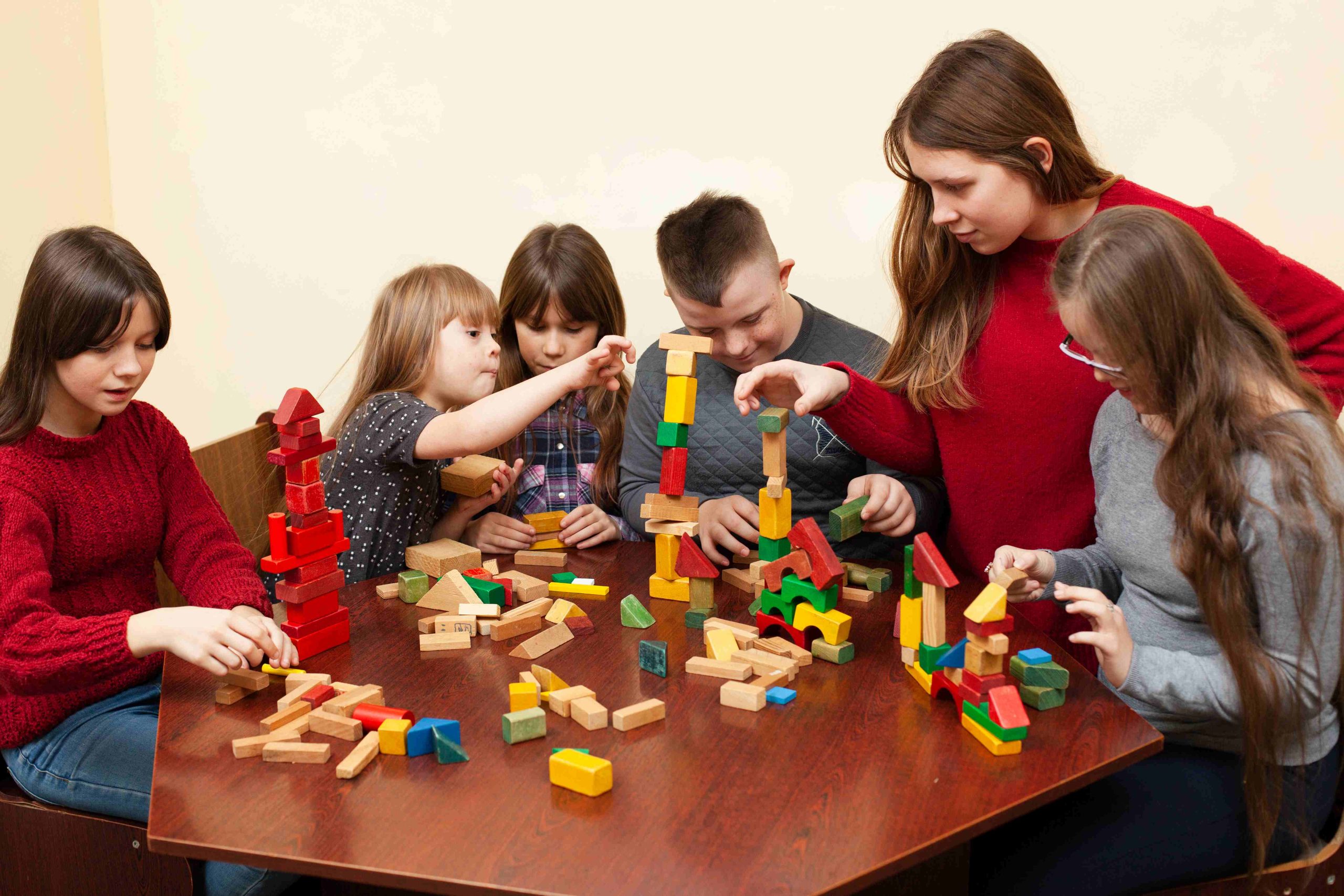
Preschool Special Education: Importance of Tailored Service Plans
Preschool special education involves providing educational services and support to preschoolers with disabilities or developmental delays. The aim is to offer specialized assistance to help them reach their full potential in both school and life. This article explores preschool special education, benefits of tailored service plans, and how preschoolers can benefit from them.
Sub-Article 1: Understanding Preschool Special Education
Preschool special education offers comprehensive programs in various settings, including preschools, homes, or specialized facilities. Services are provided through Individualized Education Programs (IEPs), which outline educational goals, services, and progress measurement. These plans involve collaboration among parents, teachers, therapists, and specialists.
Sub-Article 2: Benefits of Tailored Service Plans
Tailored service plans are crucial in ensuring that each child’s unique needs are met. These plans include services like speech and language therapy, physical therapy, occupational therapy, and assistive technology. They help children develop communication, social, and academic skills, enhancing their overall quality of life. Parents play an active role in the development and implementation of these plans.
How Preschoolers Benefit from Tailored Service Plans
Preschoolers with special needs benefit significantly from tailored service plans. They improve communication skills, increase independence, enhance social skills, and facilitate learning. These plans provide individualized support and services, enabling children to overcome challenges and thrive.
In Conclusion
Preschool special education and tailored service plans are essential for children with disabilities or developmental delays. By providing individualized support and services, these programs empower children to reach their full potential. It is imperative to invest in these programs, advocate for the rights of children with special needs, and promote inclusion and access for all.
Educators and specialists play a crucial role in identifying and addressing the unique needs of children with special needs. Their dedication ensures effective support and interventions, fostering an inclusive and equitable society.
Transition words are essential in guiding readers through the text. They enhance coherence and flow, improving overall readability. By incorporating more transition words, the article becomes more engaging and easier to follow.
Ultimately, preschool special education and tailored service plans aim to build relationships, foster community, and empower children to thrive. Let us continue working together to create a more inclusive and equitable society for all.


